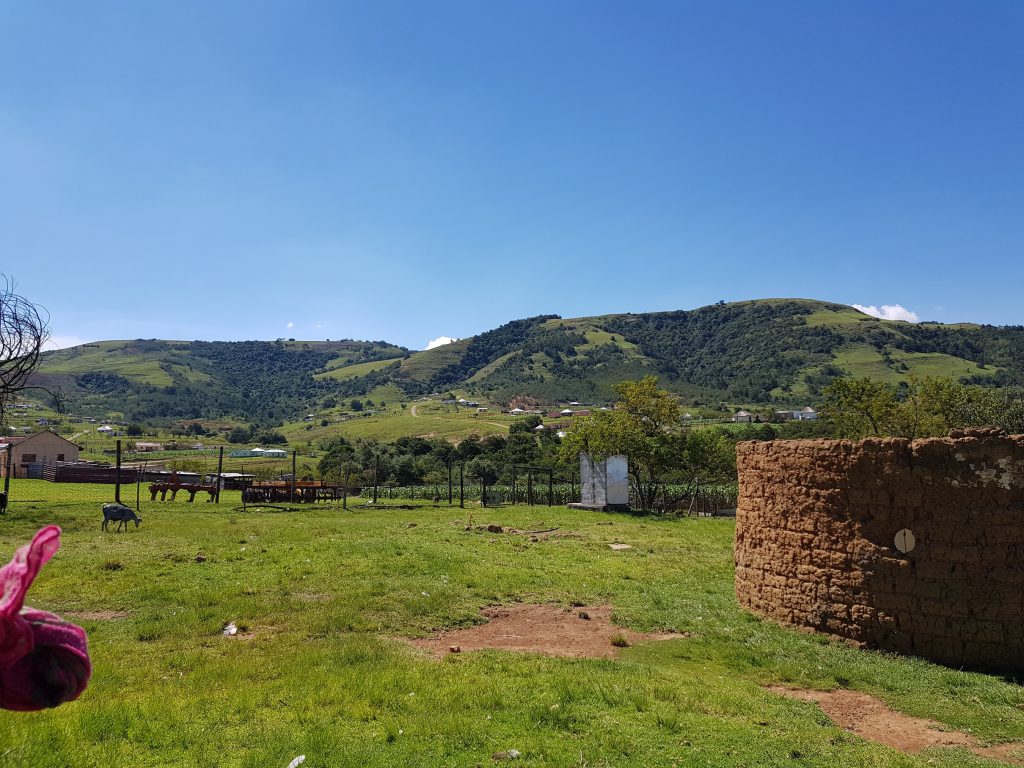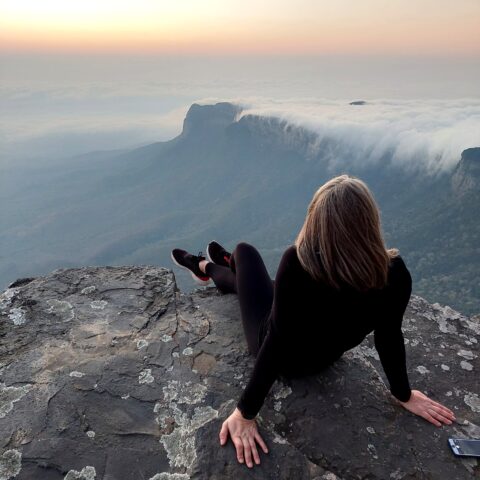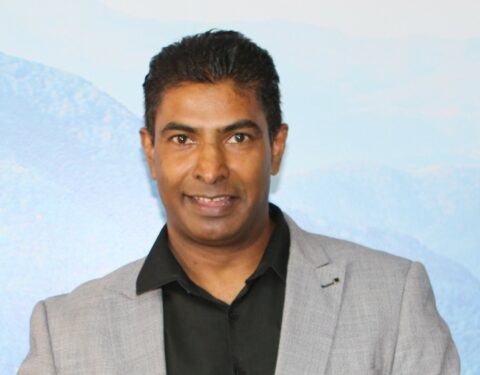Sunday Times Green PR
A Triumphal Story Of Resilience In The Face Of A Changing Climate
The impacts of climate change will increase social and ecological vulnerability and limit their capacity to adapt to changes in the way the environment functions.
The Guidelines for Ecosystem-based Adaptation (Eba) in South Africa (SANBI, 2017) describes ecosystem-based adaptation as the “use of biodiversity and ecosystem services as part of an overall adaptation strategy to help people to adapt to the adverse effects of climate change.” It goes on to emphasise that Eba makes use of “well-functioning ecosystems” to further societal and development outcomes.
The concept of Ecosystem-based Adaptation, as posited in the Guidelines, are guided by seven principles which assist in the practical grounding of the values and ideals espoused in Eba. These seven principles are, in turn, focused on four main themes:
- Building resilience
- Inclusivity
- Scale and
- Effective management
For the purposes of this article, focus will be placed on resilience as a component of Eba and the focus will only adopt a social systems lens. To illustrate the veracity of this concept, we thought it would be interesting to link it to a real-life scenario with a true-life story of a daughter of the amaBhaca nation: Ms Bongi Mafuya.

Walker, et al says that a few of the components of resilience are social capital, social cohesion and economic capability, all of which are applicable to Ms Mafuya and her story. Social capital is also an important part of livelihoods theory which recognises the five capitals that contribute to people’s livelihoods and so people learn to depend on them.
Mafuya grew up in KwaBhaca. She started her working career as an executive chef at game lodges in Mpumalanga, Gauteng and KwaZulu-Natal, but began to take an interest in the environment. She asked if she could spend less time in the kitchen and more in the veld, and learned some very valuable environmental lessons there. Back home, Mafuya noted that the soil was very degraded, and that black wattle had invaded the rivers. “When I grew up there were huge wetlands in the area,” she says. “And I realised they were no longer there.”
Bongi Mafuya slowly began to understand that the use of “well-functioning ecosystems” furthers societal and development outcomes but to do that she needed to make a great change in her own practice: “One week I went home on leave, and realised the environment around my village was in a very bad state,” says Mafuya. “I decided I wanted to go back to my home and do something about it.”
Mafuya left her job, and started an NGO that would focus on the environment and developing the amaBhaca nation. She began her initiative by networking with likeminded non-governmental organisations (NGOs) in the area, consulting them and knowledge sharing as much as possible. Next, she got the schools in the area on board, adding an hour a week of environmental studies to the curriculum.
While building social capital, which can be defined as, “an individual’s or group’s ability to secure and obtain resources, knowledge and information through relationships with and among individuals and groups” (NBSSA, 2014), she started relying on and catalysing her social networks; helping to facilitate trust and finding touch-points of shared norms and values – all of which are critical dimensions of social capital. These three dimensions of social capital may also be defined as building social cohesion.
Bongi then decided to clear away the wattle, and soon realised that no one was rotating the rangelands correctly in the region, or allowing portions to rest. So she formed a livestock association, to take on this responsibility. “Cattle just ranged everywhere,” she says, “and the wattle was also encroaching on those rangelands, so the cattle were declining and the system was getting weaker and weaker – it was a destructive, negative cycle. When we cleared up the wattle, the water started to flow again, and the land was restored so that the cattle could thrive.”
Healthy cattle opened up a new commercial opportunity – a cattle auction. This intervention, which unlocked financial resources, introduces the third component of resilience. This concept is further expanded as part of the financial capital understanding of a livelihoods approach which speaks to concepts of the capital base like cash, credit/debt, savings, and other economic assets, including basic infrastructure and production equipment and technologies.
Mafuya took the venture to other villages. She would talk to the chiefs and explain how it all worked. More livestock associations were formed, and more people started to clear away wattle.
Today Mafuya not only continues her NGO work, but is also a training partner for Avocado Vision, where she trains communities in financial literacy and other enabling life skills. Avocado Vision is the company implementing the Green Business Value Chain (GBVC) with funding from the Department of Environmental Affairs. The GBVC is a systemic commercial response to the serious challenges associated with the battle against the invasion of alien plants. It may seem like a small matter, but records show that they currently take up between 3% to 6% of South Africa’s useablewater – in a water-scarce country that’s water we cannot afford to lose! Despite spending R2 billion a year on invasive-clearing activities, research indicates that about R12 billion a year needs to be spent on their management and eradication. It is clear that new approaches need to be found.
“We have seen this approach work time and time again,” says Jules Newton, programme director for the GBVC. “Clearing aliens strengthens South Africa’s water security, but there’s also enormous benefit for the economy, and the livelihoods of the communities in the area, thanks to the businesses it stimulates as a result.”
For more information, visit: www.avovision.co.za.





